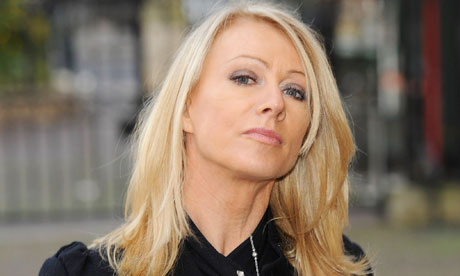"You never want to see my name and your name in the same newspaper story," is how Mike Sullivan, director of the state Office of Campaign and Political Finance (
OCPF) opened his seminar in Westfield recently. He pointed out that to date there has never been a
Herald or
Globe headline lauding a political candidate for filing their financial statements thoroughly and promptly. The only time an article appears about a candidate's interaction with OCPF, you can be sure it's one he or she won't be asking supporters to like and share on Facebook.
OCPF's seminars are a must for candidates, treasurers, and active members of political committees. I went along partly because I'm no longer in full-time higher education and just had to stem my withdrawal symptoms. The Master's program at the
Center for Public Policy and Administration, UMass, gave me some invaluable new insights into the policy-making process, economics, statistics, and public management. But I do have one criticism: It only lasts two years! Now that I've graduated I have to feed my learning habit where I can.
 |
| Public policy class at CPPA |
So here are the three things I learned at the OCPF seminar that I'm going to remember when I'm working on or counseling a campaign:
1. Citizens United: My other (more serious) reason for attending the OCPF seminar was the need to catch up on the impact of
Citizens United on campaigns at the state and local level. As Mike Sullivan reminded us, Citizens United does not permit corporations to make unlimited contributions to candidates. So our state's statutory ban on corporate contributions to candidates remains in full force and effect. If you're running for, say, state representative and a supporter sends you a check drawn on a corporate bank account, can you deposit it? No.
What the
Citizens United decision
does allow corporations to do, to the chagrin of groups such as
Move to Amend, is make unlimited independent expenditures in support of a candidate. That freedom to spend freely has yet to spur corporations to spread the wealth around here in Massachusetts, at least at the statewide and legislative level. But perhaps mayoral and city council races will be where independent corporate expenditures happen in the future. We shall see.
2. Planning: Political committees must not use public buildings for fundraising, and that includes discussions about fundraising. If your political party's town committee meets in the town hall, the public library, or the community room at the police station, make sure that you don't devote meeting time to planning the committee's next money-making event.
This rule puts committees in a tough spot. On the one hand, you want to meet in a public building because it's ADA-compliant and usually free or very low-cost. On the other hand, raising money to help get your party's message out is central to the mission of any political committee, and always will be unless and until the Post Office starts giving away stamps and printers stop charging for brochures and yard signs.
But I know you can't helping wondering, "What's the likelihood of getting busted for breaking such a silly rule?" Just bear this in mind: All it takes is one disgruntled member to rat you out to OCPF. If your committee has never had (and never will have) any spats, feuds, or minor disagreements that quickly degenerated into vicious vendettas, you're probably safe. And unique.
3. In-kind Contributions: Political committees, e.g. the Democratic State Committee or the State Committee of the Green-Rainbow Party, can make unlimited in-kind contributions to candidates. Yes, the word in front of "in-kind" is, indeed, "unlimited."
An in-kind contribution is something of value that you give to a candidate without receiving fair market value, and the regulatory definition includes office equipment, function rooms, and transportation (970 C.M.R. 2.07). Personal services such as writing do not fall within the statutory definition of "contribution" (M.G.L. c. 55, Section 1). In short, there is a lot that a political committee can do to help a candidate in addition to, or instead of, writing a check.
The OCPF seminar was definitely a worthwhile use of my time, and I suspect most if not all the other 14 attendees feel the same way. If you're a candidate, committee chair or treasurer, or have political ambitions of some kind, and would like to find out whether a seminar is scheduled for your area, just click
here. I recommend it. After all, as Mike Sullivan would put it, who wants their name next to his in the newspaper?


















